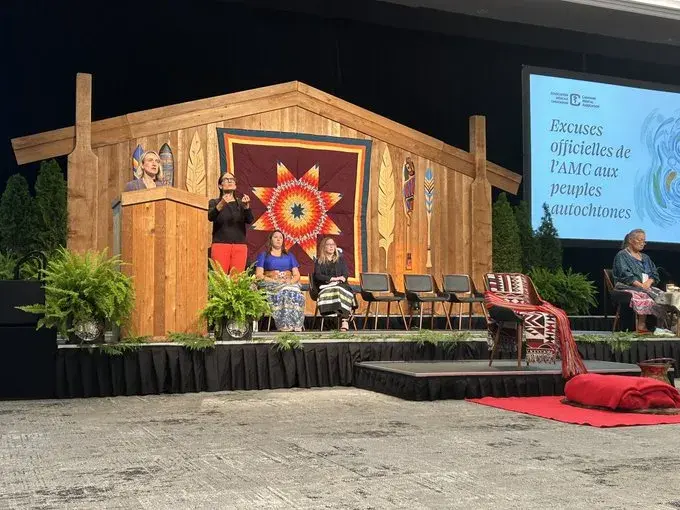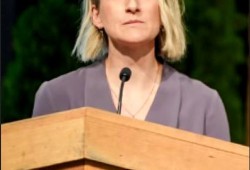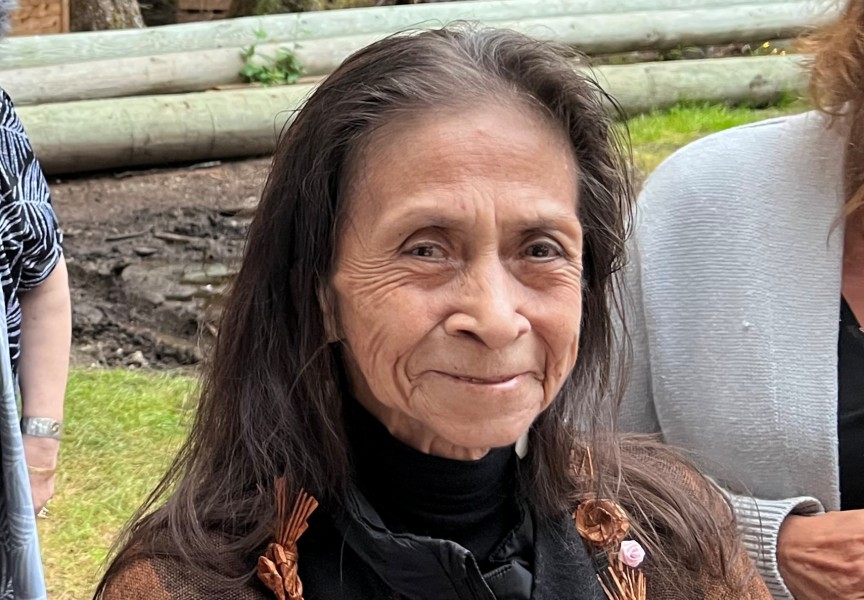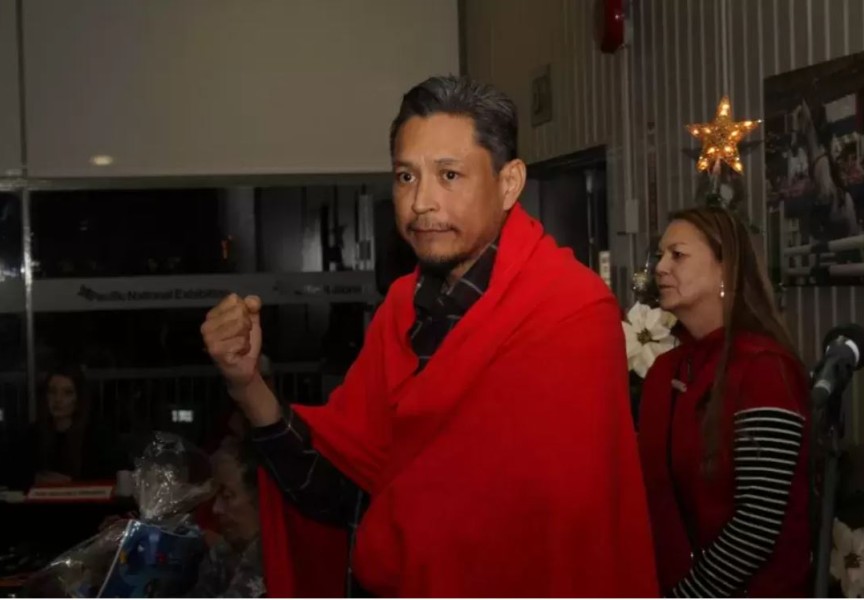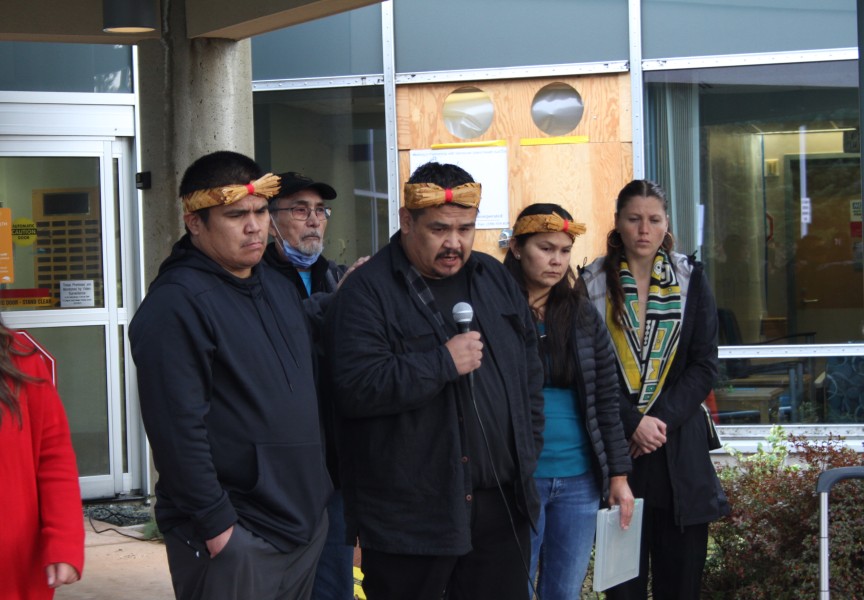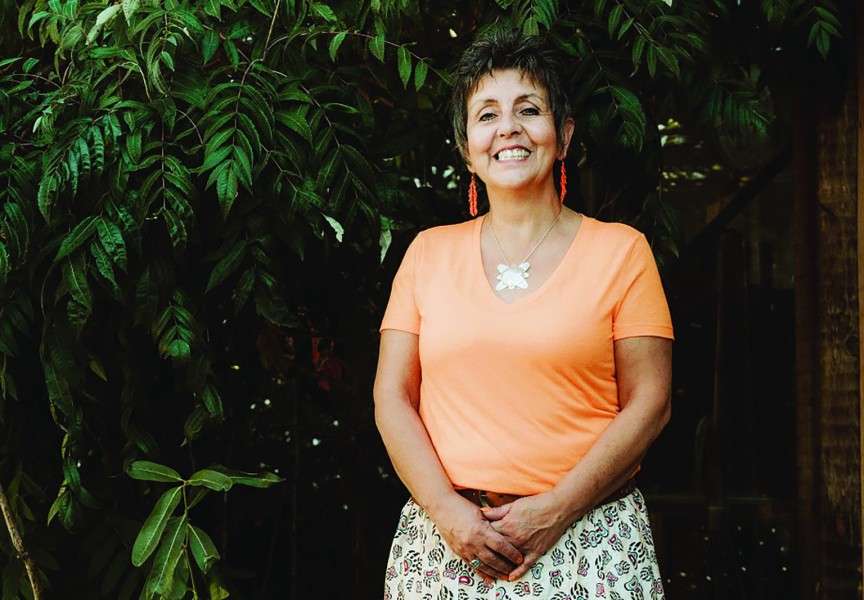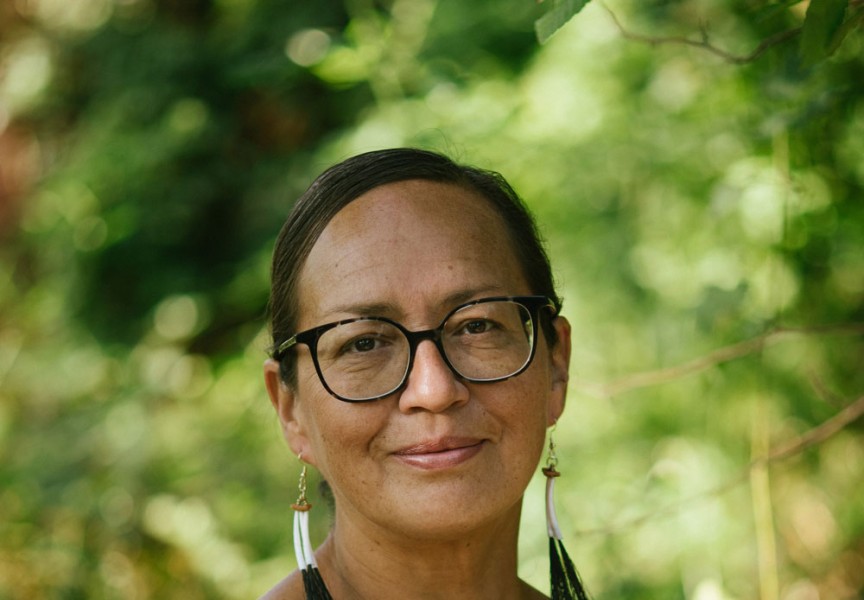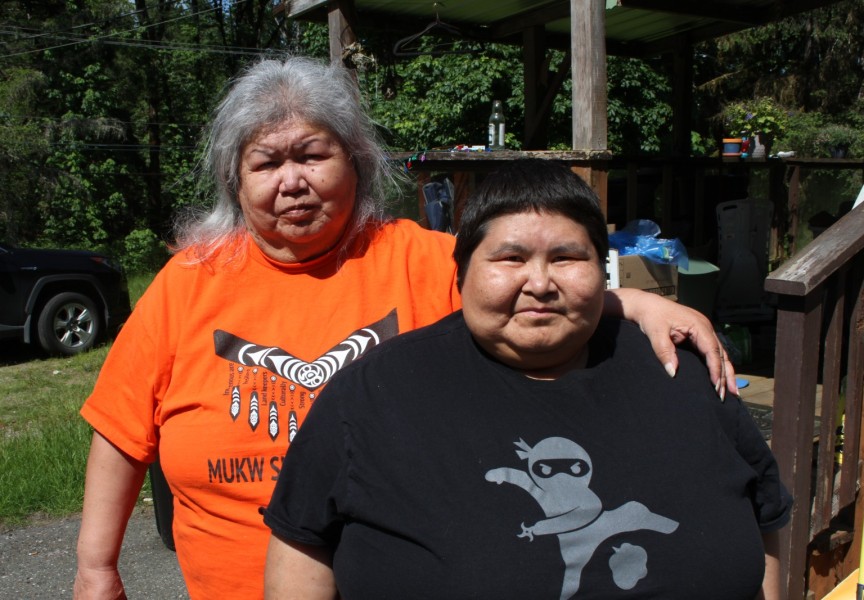The Canadian Medical Association (CMA) issued a public apology to First Nations, Inuit and Métis people for past and ongoing harms to Indigenous people in the health care system.
The live-streamed event took place in Victoria on Wednesday, Sept. 18.
Dr. Alika Lafontaine, the CMA’s first Indigenous president (2022–23), announced the association’s commitment to an apology in June 2023 as an important part of the CMA’s response to the Truth and Reconciliation Commission of Canada’s Calls to Action.
With the goal of creating meaningful change in health care and in the relationship between physicians and Indigenous Peoples, the CMA is hoping the apology inspires members of the profession and medical organizations to begin their own reconciliation journeys. An apology is just the beginning. The CMA is committed to being accountable and working together with Indigenous Peoples to do better in the spirit of humility and reciprocity.
The ceremony featured speakers and performances representing Indigenous groups from across Canada. It was held on the traditional territory of the lək̓ wəŋiʔnəŋ speaking people of Songhees and Xwsepsum Nations.
Invited Métis guest speaker, Jimmy Durocher, 84, comes from the Red River Valley, Saskatchewan. He said the legacy of colonization has left scars on First Nations people that can be seen to this day. His late wife, he shared, was a victim of forced sterilization in Canada’s health care system.
But he is feeling positive about the CMA apology.
“We need truth before reconciliation,” said Durocher.
Indigenous people, he said, have been subject to routine discrimination in the medical field.
“It’s going to take a long time because lots of damage has been done, but I’m so happy that the CMA has taken the first steps,” said Durocher.
The Canadian Medical Association is a national, voluntary association of physicians and medical learners that advocates on national health matters. Its primary mandate is to drive positive change in health care by advocating on key health issues facing doctors and their patients.
Dr. Joss Reimer, president of the CMA, gave a brief history of the organization and its role in the Canadian health care system. The CMA, she said, was founded in 1867 with 164 physicians from across Canada.
In preparation for this day, the CMA conducted a review of its history with Canada’s Indigenous people.
“The historical review revealed that the CMA contributed to systemically embedding and upholding anti-Indigenous racism in health care, thus creating an unsafe environment for Indigenous Peoples, patients and communities,” they stated.
For example, the Indian hospital system, which embedded systemic racism and discrimination in the Canadian health system by fostering racial segregation and conditions where Indigenous patients received substandard and unsafe care. The CMA noted that patients were subjected to abuse, experimental treatments and forced and coerced sterilization.
One of the presentations showed that day was the story of Sonny James McDonald. Sonny, born 1939, began coughing up blood while living in Fort Chipewyan. At age seven the little boy had contracted TB and was sent, by himself, from his home and family in a bush plane, then a train to an Edmonton Indian hospital where a portion of his lung was surgically removed.
The curious and affable little boy liked to wander around the hospital, visiting other patients. Someone decided to take his pajama bottoms in an effort to keep him in bed. McDonald recalled that he was only seven and didn’t care and ran around “bare butt”.
He recalls being taken into a restroom by an orderly where he was sodomized.
McDonald’s next memory is having his lower legs set in casts, joined by a bar to prevent him from walking. He was kept in a small room where he grew lonely. He was at the hospital for two and a half years.
Other examples of abuse cited by the CMA are the medical experimentation conducted on Indigenous children in residential schools, including studying the effects of malnourishment and withholding necessary care.
They acknowledge that medical experimentation was conducted on Indigenous adults, including studying the effects of nutritional interventions and testing experimental tuberculosis vaccines and treatments.
“We still do not know the full extent of medical experimentation on Indigenous children or adults,” they wrote.
Inuit were forced to relocate to tuberculosis sanatoriums far from their homes, without community support, without their informed consent and against their wishes. Many patients died and their remains were never returned home.
There were physicians that took part in ‘60s Scoop ‘birth alerts’, where babies were taken from mothers and put up for adoption.
In more recent times, the CMA says that Indigenous women, some men and two-spirit people underwent forced and coerced sterilization outside the Indian hospital system.
“Some reports suggest this has happened as recently as 2019,” stated the CMA.
CMA President Dr. Joss Reimer apologized to Indigenous people and spoke of the CMA’s commitment to being accountable and working together to do better in the spirit of humility and reciprocity.
There was an acknowledgement by CMA that the medical system has a history of exhibiting and accepting racist, colonial and paternalistic attitudes toward Indigenous Peoples.
“Many Indigenous people suffered mistreatment and lack of care, sometimes leading to health issues or even death,” they wrote.
“We have not lived up to the ethical standards the medical profession is expected to uphold to ensure the highest standard of care is provided to patients and trust is fostered in physicians, residents and medical students,” Reimer said. “We realize we have left Indigenous Peoples out of that high standard of care.”
The CMA has developed the ReconciliACTION Plan which outlines how it will advance health and well-being for Indigenous Peoples, support the medical profession’s journey toward truth and reconciliation, and promote internal reconciliation as an organization.
The CMA says that its 157-year history, and the history of the medical profession, is Canada’s history – including systemic racism, neglect and abuse.
“As the national voice of Canada’s physicians, it’s important that we deliver this apology. The CMA believes in creating a more accessible, equitable health system, including reconciliation in health care – a formal apology to Indigenous Peoples is a critical step in that work,” they stated.
The CMA recognizes this apology may reopen wounds and retraumatize First Nations, Inuit and Métis individuals, families and communities who have experienced harms in the health system. For anyone who requires additional support, please use this list of culturally safe supports:
THE INDIAN RESIDENTIAL SCHOOL CRISIS LINE: 1-866-925-4419 The crisis line is available 24 hours a day for anyone experiencing pain or distress as a result of a residential school experience.
HOPE FOR WELLNESS HELPLINE: 1-855-242-3310, OR CHAT ONLINE AT HOPEFORWELLNESS.CA The Hope for Wellness Helpline offers immediate help to all Indigenous peoples across Canada in the following languages: Ojibway, Cree, Inuktut, English and French. They provide 24/7 culturally grounded assessment, referrals, counselling and support in times of crisis, including suicide intervention.
SUICIDE CRISIS HELPLINE: CALL OR TEXT 9-8-8 (TOLL-FREE) The Suicide Crisis Helpline provides a safe space to talk, 24 hours a day, every day of the year. This service is available in English and French.

